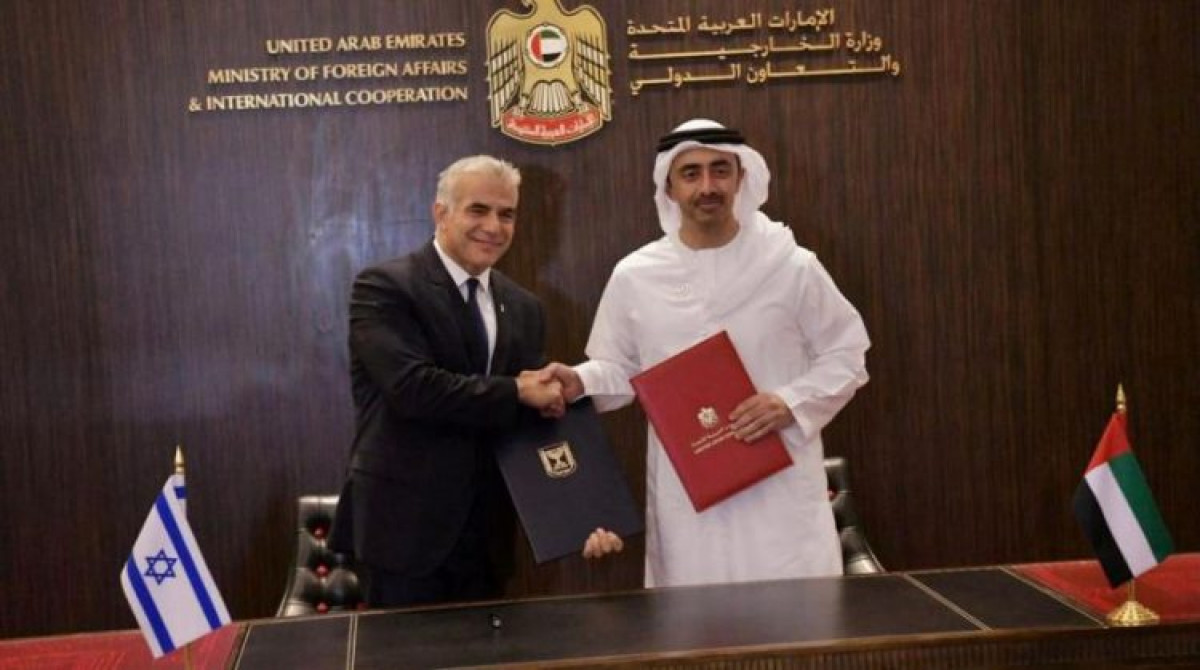 88
88
Today, the Zionist regime is trying to normalize relations with Middle Eastern Arab nations with the assistance of Americans and the EU, to alleviate its long-term security concerns. In fact, one of the motivations for Israel’s engagement with the Arab despotic governments may be the perception of a common threat they face from Iran. A unified Zionist-Arab front aims to cope with the Iranian threat while simultaneously exerting pressure on the Palestinians to join the so-called peace talks. Since the 1979 Islamic revolution, Iran has presented a danger to Arab dictatorial establishments by introducing a successful pattern inspired by lofty ideals such as resistance against imperialism, national pride, and Islamic democracy, resulting in a new political discourse; that is opposed to dictatorship and submission to the global arrogance. The Arab sheikhdoms attempted to preserve a power balance with Iran by approaching the West. To stabilize their precarious internal position, the reactionary Arab government had to refrain from condemning the Zionist regime’s atrocities in Palestine and gradually sought to develop closer relations with Tel Aviv. In addition to confronting Iran’s Islamic Revolution, Arab regimes’ recognition of the Zionist regime as a de facto reality in the Middle East was hastened by the fall of the former Soviet Union. The Zionist government, on the other hand, sought to achieve its objectives by forging alliances with Arab and Islamic countries to fulfill Hertzle’s ominous vision of a “Great Israel”, stretching from the Nile to the Euphrates. Since 1948, the illegitimate regime of Israel has relied on colonial and imperialist states to accomplish its objectives, first the United Kingdom and later the United States, through engaging an assiduous campaign to normalize ties with Arab countries in order to gain a political and military foothold in the wider Islamic world. In this regard, Egypt and Jordan took the first steps toward normalizing relations with the Zionist regime in 1979 and 1994, respectively, whereas other Arab countries maintained that they would not do so until an independent Palestinian state was established in the West Bank and the Gaza Strip.
Even though Abu Dhabi had longstanding ties with the Zionist government, the UAE’s decision to divulge its sinister relationship with Tel Aviv in August 2020 was significant since Bahrain, Sudan, and Morocco has also joined the bandwagon, signing humiliating peace accords with the Zionists. Israeli officials are currently hoping that Oman and Saudi Arabia would follow suit. These phony agreements not only reflect that Arab-Israeli ties have ceased to be dependent on the fate of Palestinian conflict, but they also highlight Sunni Arab officials’ growing focus on containing Iran’s growing influence in the Middle East. Israel has built extensive connections with Western countries and will also foster the security of its allied Arab regimes, but its domestic situation is fragile than a spider’s web.
Comment
Post a comment for this article